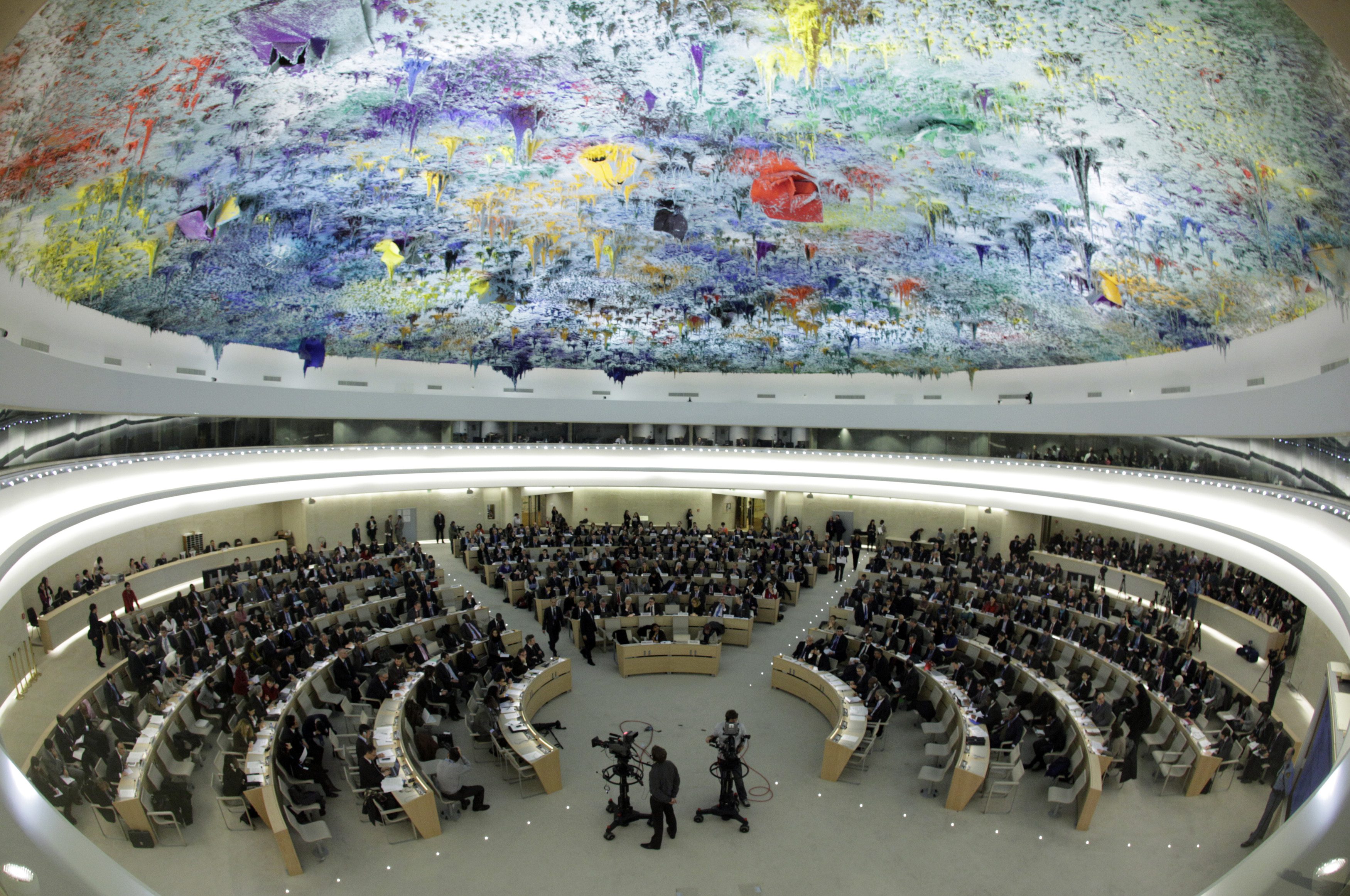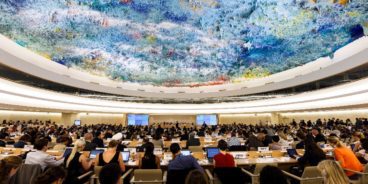
Joint Statement by the Group of Friends of R2P during the Interactive Dialogue on the report by the UN High Commissioner for Human Rights on Casualty Recording at the 53rd session of the Human Rights Council
Mr. President,
I have the honour to deliver this statement on behalf of the Group of Friends of R2P.
We thank the High Commissioner for his report. Casualty recording is vital to preventing and responding to atrocities. Firstly, such disaggregated data can serve as early warning to understand patterns of human rights violations or abuses, including potential targeting of persons belonging to certain groups or communities, and possible motives of perpetrators. This analysis may help inform early action to prevent further escalation.
Casualty data from armed conflicts and situations of violence is directly relevant to how the international community tracks progress on SDG16, a goal which should be a core focus of the New Agenda for Peace.
Secondly, casualty recording can contribute to victim and survivor-centred approaches to justice and accountability. OHCHR guidance shows the utility of casualty recording in the context of humanitarian relief, political processes aimed at ending violence and legislative reform efforts to ensure better protection and assistance for victims, all of which can contribute to structural atrocity prevention efforts.
We encourage the High Commissioner to ensure all relevant OHCHR field presences record, identify, and report periodically on all casualties occurring within their remit, taking into account age, gender and disability dimension.
Mr. High Commissioner,
Given the unique value and impact of casualty recording in situations at risk of, or already experiencing, atrocity crimes, how can it be further mainstreamed and institutionalised across the wider UN human rights system?
Thank you for your attention.
Related Content

